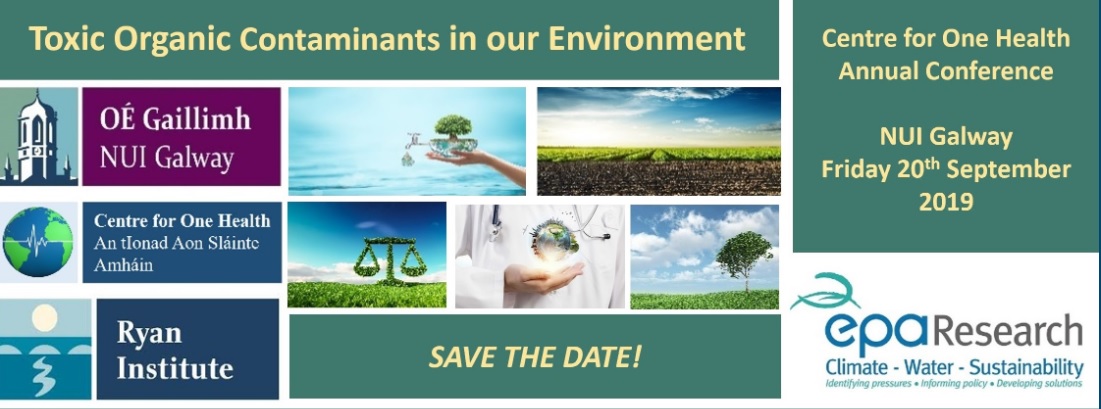-
Courses

Courses
Choosing a course is one of the most important decisions you'll ever make! View our courses and see what our students and lecturers have to say about the courses you are interested in at the links below.
-
University Life

University Life
Each year more than 4,000 choose University of Galway as their University of choice. Find out what life at University of Galway is all about here.
-
About University of Galway

About University of Galway
Since 1845, University of Galway has been sharing the highest quality teaching and research with Ireland and the world. Find out what makes our University so special – from our distinguished history to the latest news and campus developments.
-
Colleges & Schools

Colleges & Schools
University of Galway has earned international recognition as a research-led university with a commitment to top quality teaching across a range of key areas of expertise.
-
Research & Innovation

Research & Innovation
University of Galway’s vibrant research community take on some of the most pressing challenges of our times.
-
Business & Industry

Guiding Breakthrough Research at University of Galway
We explore and facilitate commercial opportunities for the research community at University of Galway, as well as facilitating industry partnership.
-
Alumni & Friends

Alumni & Friends
There are 128,000 University of Galway alumni worldwide. Stay connected to your alumni community! Join our social networks and update your details online.
-
Community Engagement

Community Engagement
At University of Galway, we believe that the best learning takes place when you apply what you learn in a real world context. That's why many of our courses include work placements or community projects.
Press Releases
Toxic Organic Contaminants in our Environment
The Ryan Institute Centre for One Health (COH) will host their second Annual Conference ‘Toxic Organic Contaminants in Our Environment' on September 20th 2019 in the O’Donoghue Center at NUI Galway.

The conference’s overarching objective is to promote awareness of issues relating to the presence of toxic organic contaminants within the Irish environment. This will be achieved by bringing together relevant stakeholders in Irish industry and policy-making sectors with researchers actively investigating the sources, pathways and impacts of toxic organic contaminants on the Irish environment. By so doing, it will help establish networks and foster knowledge exchange between stakeholder groups to help develop solutions to problems associated with toxic organic contaminants.
Further details are available at the Conference Website.
Location: O’Donoghue Center at NUI Galway
Time: 08:00 - 17:00
NUI Galway scientists to measure pollutants in Irish homes, schools, offices and cars
Monday, 19 September, 2016: NUI Galway, in collaboration with the University of Birmingham, has begun a new research study, which is funded by the EPA, to measure the levels of a certain class of pollutants in Irish homes, schools, offices and cars. The research team is now seeking to recruit participants in Dublin and Limerick.
The ‘ELEVATE’ study will measure levels of specific ‘persistent organic pollutants’ in samples of drinking water, indoor air and floor dust. Persistent organic pollutants (POPs) represent a group of chemicals that are not easily degraded and so can accumulate and persist for long periods of time in the environment. The specific POPs of interest in the current study are brominated flame retardants and perfluorooctane sulfonate (PFOS).
The study will be led by Professor Stuart Harrad at the University of Birmingham, with NUI Galway as partners in the study. Research in Ireland will be conducted by PhD researcher, Nina Wemken under the supervision of Dr Marie Coggins in the School of Physics at NUI Galway.
Dr Coggins explains: “Brominated flame retardants have been used widely to flame-proof electronic goods, furniture, and other textiles. PFOS and related chemicals have been used to impart stain and dirt repellence in carpets, paper and packaging, to provide water repellence in garments and clothing and are used in firefighting foams.
Currently, the health effects of many of these chemicals are not fully understood, however evidence suggests that, at certain levels, they may be harmful to human health. We will not study the health effects of these chemicals in ELEVATE, but as a first step our study will measure how much of these chemicals are present in different environmentsto assess the importance of different pathways to the overall exposure of the Irish population. These exposures will be compared to existing estimates of dietary exposure for Ireland to identify the relative importance of different exposure pathways to the Irish population. This is quite a comprehensive study and one of the first of its kind internationally.”
Public Participation in the Study:
NUI Galway PhD student, Nina Wemken added: “For this study we are seeking participants from 30 primary schools, 30 offices, 30 homes and cars in Dublin, Limerick and Galway. We hope people will take part in the research study and help us find out more about POPs in the environments.
For those who wish to participate, a member of the ELEVATE study team will visit the home/office or school and perform the measurements. The trained researcher will place a small device in one room for 60 days which will measure POPs in the air. They will use small, discreet, specialist equipment which should not interfere with the day to day activities. The researcher will also collect a sample of floor dust using a standard vacuum cleaner.
Participants will also be asked to complete a short questionnaire, to provide brief details of the number of electrical appliances and the type of textiles etc. in your room. All samples collected will be analysed for their concentrations of brominated flame retardants and PFOS at a specialist laboratory at the University of Birmingham.
For further information on ELEVATE visit: www.nuigalway.ie/elevate
For more information or to participate in the study contact Nina Wemken, School of Physics, NUI Galway on n.wemken1@nuigalway.ie















